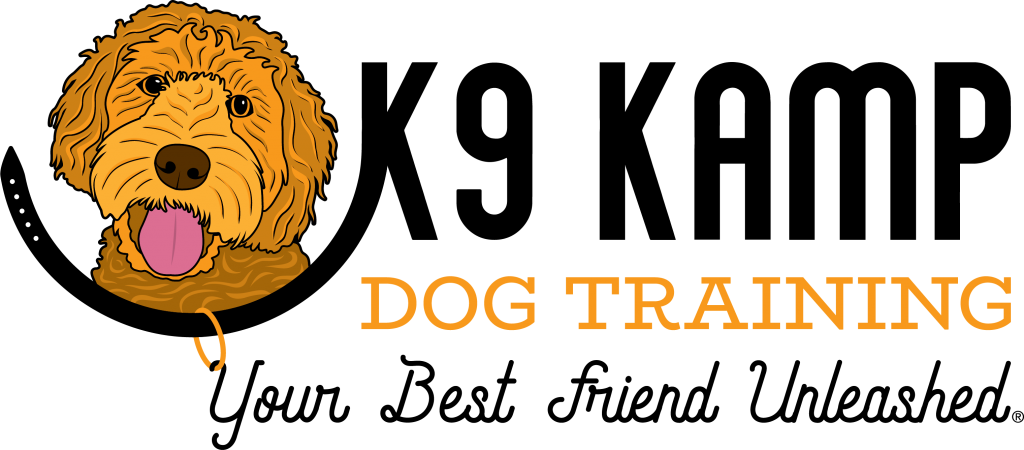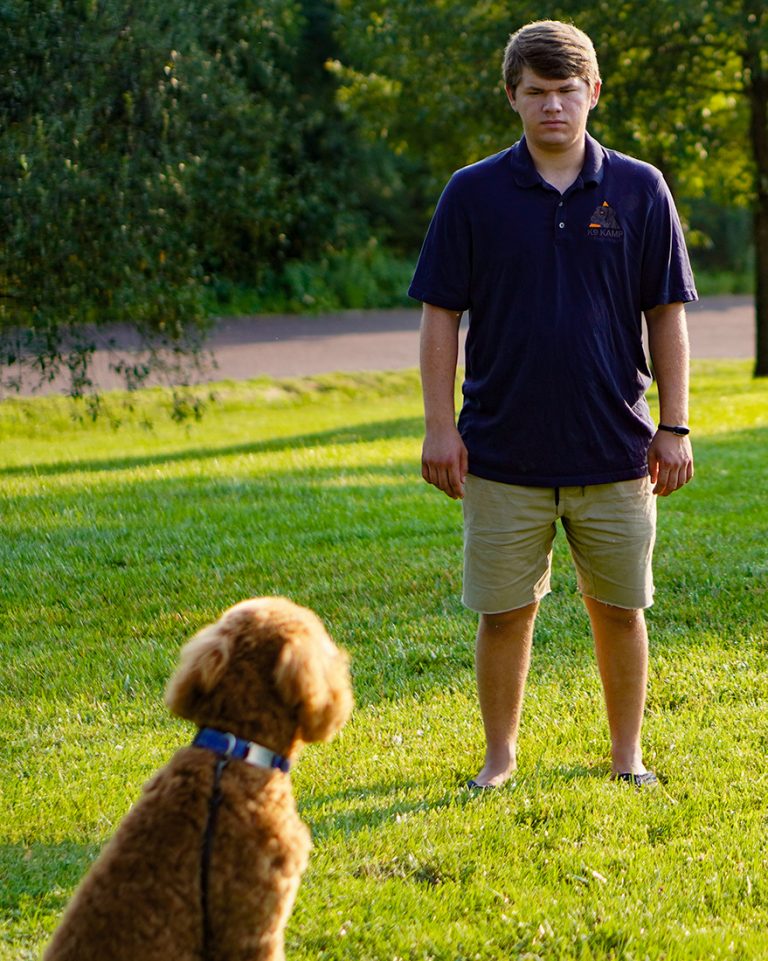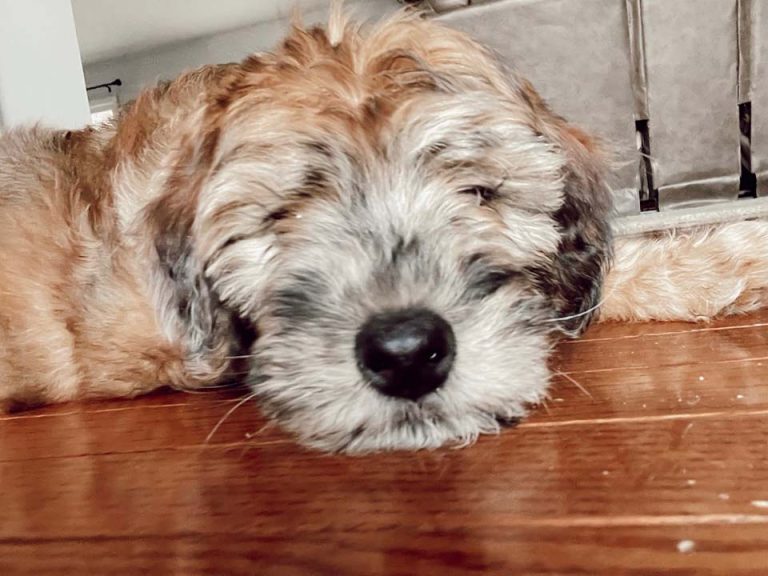The Impact of Unearned Affection on Your Dog’s Behavior
The Impact of Unearned Affection on Dog Behavior
We see it always: a dog’s bad behavior correlates with too much unearned affection. While dogs certainly need love, leadership, structure, rules, and consequences, one thing they don’t need is an excess of affection for no reason.
Reinforcing Negative Behavior with Unconditional Affection
Imagine constantly rewarding your child with gifts and treats, even when they are misbehaving—backtalking, sneaking out, or being disrespectful. You’d be reinforcing negative behavior and creating unhealthy habits. The same principle applies to dogs. When you show your dog affection without them earning it, you unknowingly reinforce undesirable behavior.
The Consequences of Over-Affection
This constant coddling can lead to anxiety, stress, and more behavior problems, such as reactivity, barking, or even jumping. When dogs get affection without earning it, they become confused, and the bond between you and your dog becomes unhealthy. It can also lead to a lack of respect for boundaries and rules, as your dog learns that their behavior doesn’t affect the affection they receive.
Mindful Affection for Better Behavior
Here at K9 Kamp, we encourage dog owners to be mindful of how often they give affection. If your dog is anxious, overly sensitive to noises, or reacting poorly to people or other animals, it might be time to examine how much-unearned affection is being given. Sometimes, simply cutting back on the constant petting and attention can improve behavior.
Creating a Balanced, Confident Dog Through Boundaries
While noticing a difference may take some time, reducing unearned affection makes your dog more balanced, confident, and respectful. By establishing clear boundaries, you’ll see a dramatic improvement in your dog’s overall demeanor.
Affection with Purpose for Positive Change
So, the next time you’re reaching out to pet your dog, ask yourself if it’s truly deserved—your dog’s behavior might improve when you remove unnecessary affection.



